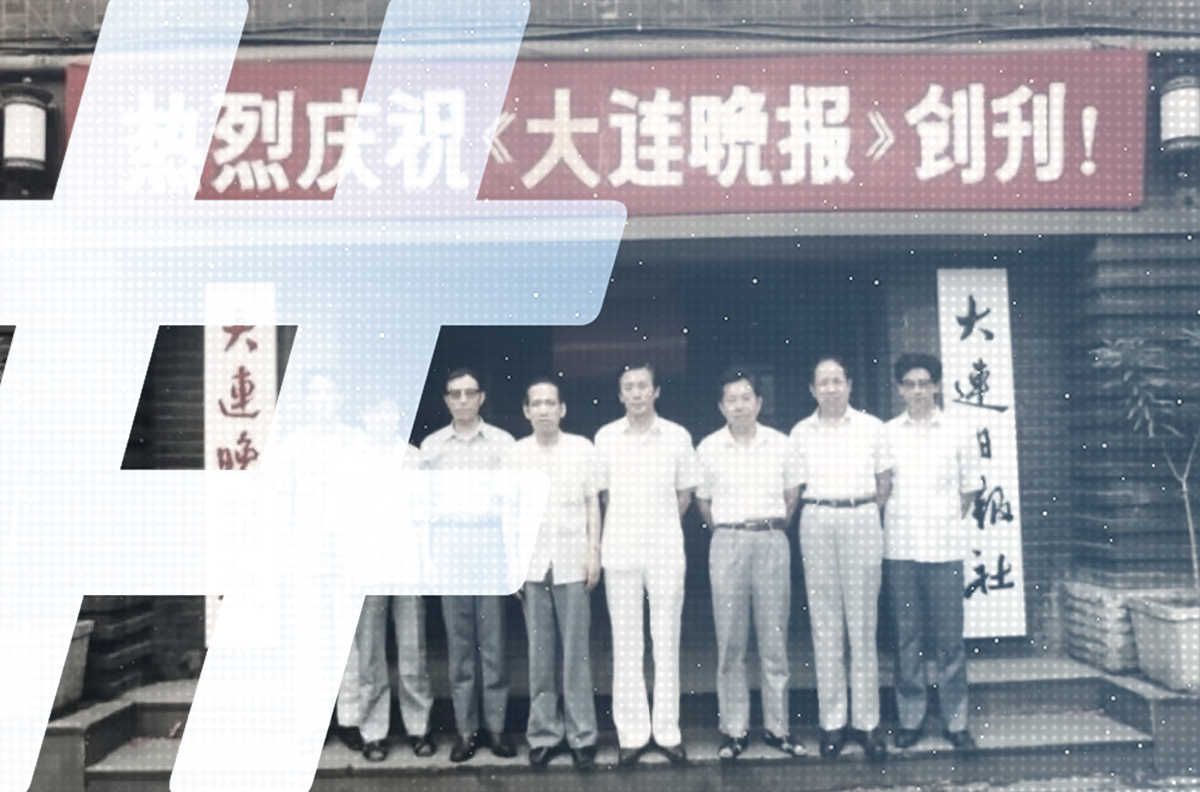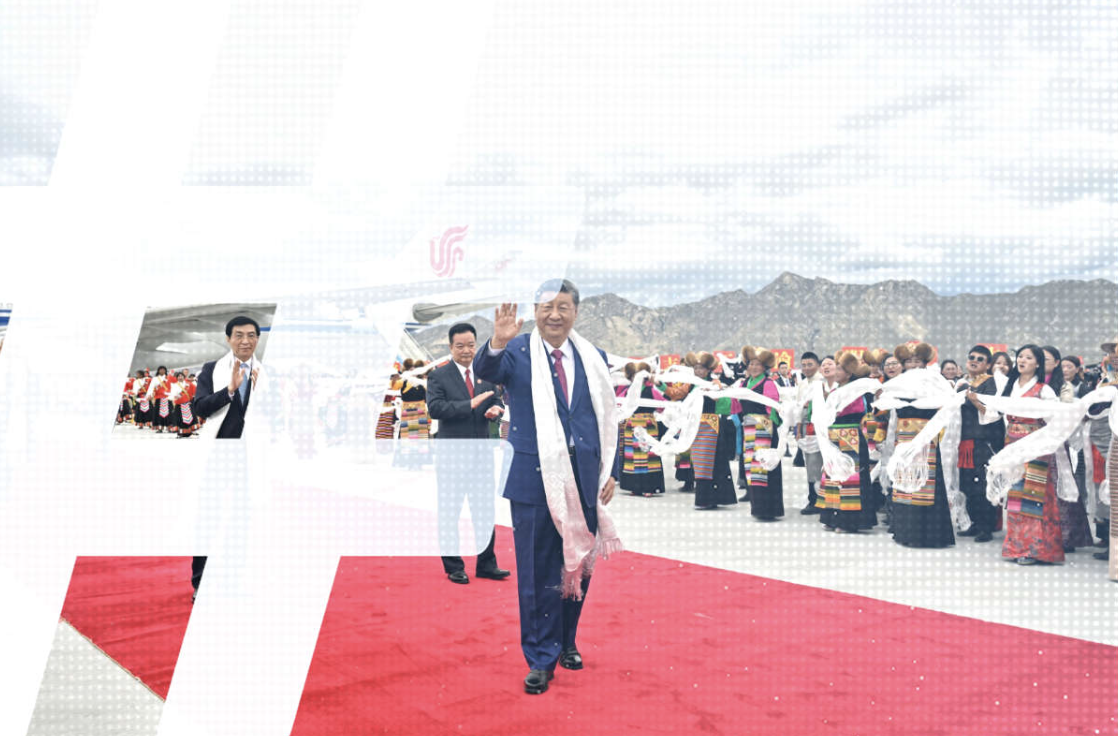Going Global
China’s Global Talent Crunch

Trent Building, University of Nottingham, Ningbo. This year, the “China campus” of the University of Nottingham signed an MOU with Zhejiang province’s international communication center. SOURCE: Wikimedia Commons.
Through 2024, China’s international communication centers (ICCs) have mushroomed at the local and provincial level all over China, tasked with innovating and disseminating propaganda for foreign audiences. According to our research, they now number over 70.
Such numbers could give the impression that the initiative has been a success. But a recent report from Young Journalists Magazine (青年记者杂志), drawing on interviews with ICC staff, points to problems in the system. These include a shortage of talent — both overseas hires who can better tailor the message to what foreign audiences would want to hear, and Chinese trained overseas with native-level language skills.
Even cosmopolitan Shanghai has struggled to fill positions for its ICC, where staff blamed costs and unnamed difficult “policies” surrounding foreigners. “After the epidemic,” an employee told the Young Journalist, “there has been a huge loss in overseas talents, and everyone’s difficulties are similar.” This could be a serious problem for the centers going forward. The report goes on to mention that many ICCs lack an understanding of foreign perspectives, and may tell stories that interest locals but are utterly irrelevant to international audiences. Finding ways to connect with the outside world, especially through foreigners or foreign-educated Chinese, could well help this problem along.

Xi views the ICC system as an integral part of China’s external propaganda strategy. So how are the centers trying to get around this talent dearth?
Young Shoots at the Grassroots
By their very nature, ICCs require knowledge and experience of overseas cultures to better communicate with them and pinpoint ways to build audiences. Most ICC job adverts available online require advanced foreign language skills from journalists, executives and editors. Some demand more: Zhejiang’s ICC requires at least three years of bilingual experience, while the Western International Communication Center in Chongqing says it will prioritize candidates with over 2 years experience living in the UK or US.
Although it is hard to gauge how much interest these job postings earned, or how easy they were to fill, available evidence indicates they appeal to only a small number of job seekers. Zhejiang’s job posting was read just 195 times on WeChat. The maximum number of reads for an international communication job posting we found on the platform was from Chongqing, which was around 1,600 times.
Some ICCs are squaring up to the challenge with quick fixes. The report from Young Journalists Magazine says that some are drawing from their local area’s pool of international students, in the hope they can be more easily relatable to foreign audiences. ICCs in Anhui and Jiangxi, among others, tapped foreign students studying in their region to become “communication officers.” The end result of this approach was usually videos on X where students spoke about why they came to China and related their experience of traditional Chinese culture.
Hangzhou’s ICC signed a cooperation agreement with one local university in April, promising to work together to promote traditional Chinese medicine abroad — using the college’s international students as “ambassadors” to tell China’s story well.
China’s foreign language universities are also a potential resource. Henan’s ICC signed a cooperation agreement with the foreign languages school of one local university, hiring its teachers as experts as “intellectual support” and promising to give their foreign language students “internship and practice opportunities.”
Some of these universities have strong pre-existing ties to the outside world, which ICCs leap to harness. In May, the Nottingham-Ningbo University (which the UK’s Nottingham University says is its “China campus”) signed an agreement with Zhejiang’s ICC to “utilize its international platform to foster cultural exchange and enhance global understanding of China.” While Chinese institutions and local governments see such utilization of student resources as unproblematic, formal cooperation of this kind — structured around what are clearly party-state agendas over educational ones — could potentially violate the obligations universities have to their students.
According to the principles openly affirmed by the University of Nottingham, its goal is to "support students to develop the skills to engage critically with new ideas." The university’s governance language is clear: “Freedom of speech and the free exchange of ideas are central to the University of Nottingham’s mission of advancing truth, knowledge, and understanding.” How is such a commitment compatible with a memorandum of understanding for strategic support on international communication that commits the Ningbo campus (the University of Nottingham “China campus”) to using students to “raise the appeal of the China story” (中国故事感召力)? The clear danger of such a formal arrangement is that students and faculty feel obligated — in violation of the principle of the free exchange of ideas — to serve broader state agendas that should fall outside the purview of the student-university relationship.
Tapping Into “Gen Z”
Recruiting from among young people is also an advantage on which the ICC system hopes to capitalize. They are tapping into a demographic willing to work for little to rise up the career ladder, at a time when China’s job market is in the doldrums. Not only that, but this also feeds into a broader trend in Chinese propaganda of targeting the world’s young people. A 2023 paper in the journal International Communication (对外传播), published by the CCP's Central Propaganda Department, explains getting the attention of “Generation Z” is key to external communication.
Formal cooperation [between foreign universities and ICCs] structured around what are clearly party-state agendas over educational ones could potentially violate the obligations universities have to their students.
There are other ways the ICCs can kill two birds with one stone. Shandong’s Weifang Bohai ICC has simultaneously solved the talent problem and enacted the government’s “AI+” policy. The ICC was able to use a collaboration with China Daily to take the likeness of one of their Western journalists, turning it into a virtual anchor deployed for regular broadcasts.
The need for foreigners and foreign perspectives for ICC work can also speed up the process of ICCs going out into the world. Last week, Chongqing’s ICC announced plans to establish ten branches around the world, recruiting 30 foreign creatives and technicians to win hearts and minds abroad. The city is keen for foreign exchanges to bolster its economic development, but perhaps they’ve come to the conclusion that building overseas bases and recruiting foreigners is the best means to that end.
It makes sense that ICCs, under pressure to deliver on Xi’s new plan to beef up international communication, are experimenting with ways to work around the enduring set of problems that have historically troubled “external propaganda” work — including wooden and monolithic messaging, and a lack of audience understanding and responsiveness. So far, as China’s new ICC network finds its feet, the results are uneven. Some ICCs have sought a stronger overseas presence, while others have focused on drawing in young people, rolling out AI solutions, or tapping into existing educational exchanges. But one thing is certain: At the heart of this push from the center to enlist provinces and cities in the national project of global influence is a drive for new and innovative approaches. Whether this happens will depend on the politics, but also on the people.




















